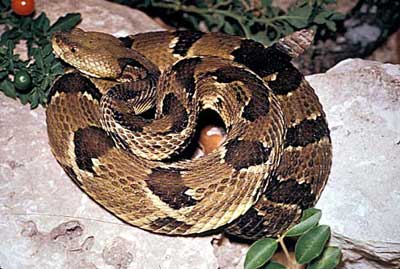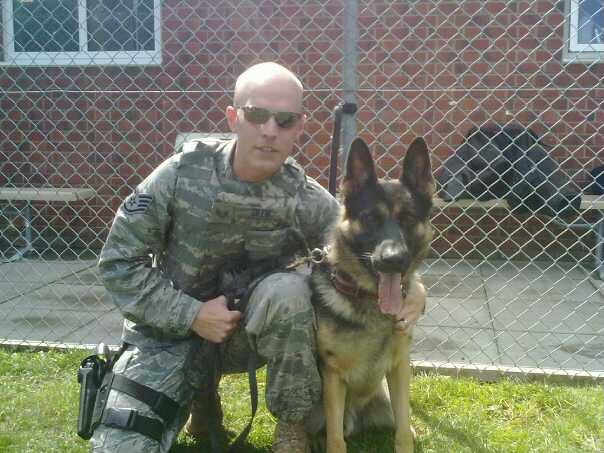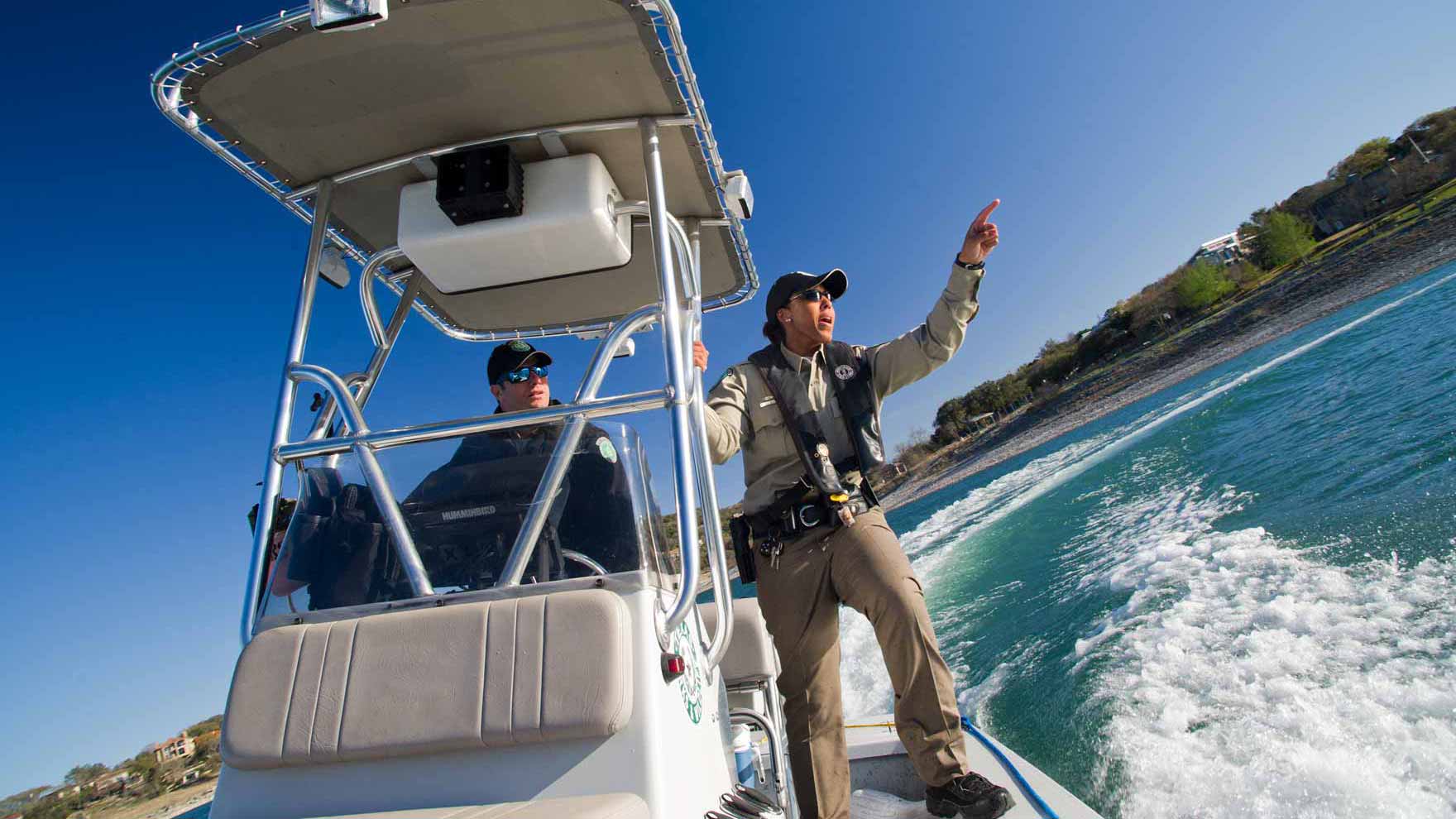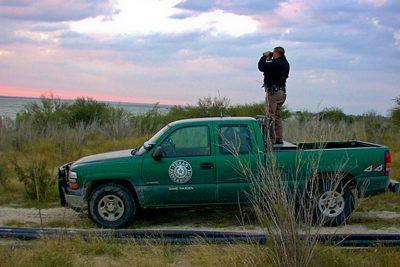Ask a Game Warden: Is it Okay to Shoot Snakes?
Tuesday, July 26th, 2016
This is Passport to Texas’ Ask a Game Warden
Some wildlife can be alarming. Twitter follower Julie Davis-Raley sent us a tweet asking if it is legal for citizens to shoot snakes they see in the road. We turned to Game Warden Kevin Davis, chief of wildlife enforcement, for her answer.
You know, there’s a state law that prohibits discharging firearms of any type from a roadway. What’s perplexing, though, is the thought that a snake needs to be shot. There are a lot of good snakes out there. Snakes are part of our ecosystem. Some are quite fascinating. Some are quite beautiful to look at. But, we do encourage safety around homes, and around things where snakes don’t need to be. And we certainly don’t want to discourage someone from keeping themselves safe. However, most snakes are put together something like this: if you leave them alone, they’re going to leave you alone. And so, we hope that by simply leaving that animal alone, that it goes on about its business and doesn’t need human intervention.
Send us a tweet with your questions for our game wardens. Use the hashtag #askagamewarden. We’re @passporttotexas. Your question could get answered on the radio.
Until next time…for Texas Parks and Wildlife…I’m Cecilia Nasti.






 Passport to Texas is a
Passport to Texas is a  Passport to Texas is made available by:
Passport to Texas is made available by: